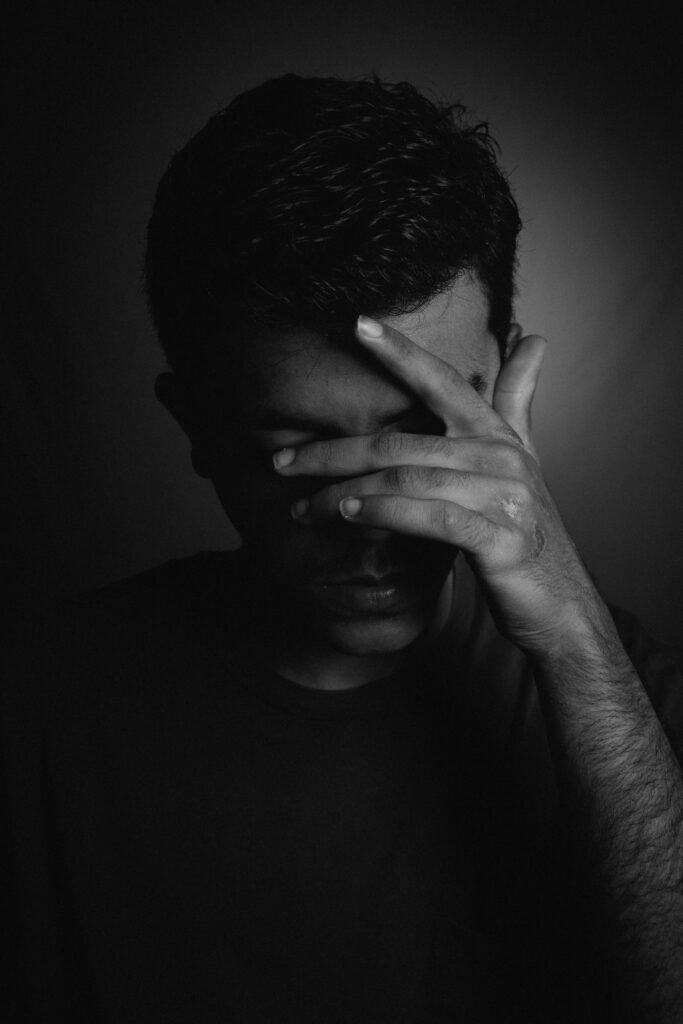Here’s the truth: We are all a bit guilty of hanging onto too many items. Our homes are likely filled with boxes of treasured possessions, memory-inducing items, and collections of things that we love to hold onto and display. For many, an overwhelming collection of stuff could simply be a sign of a messy lifestyle or busy schedule that prevents proper cleaning.
However, what are the signs that someone has moved from the level of simply being a bit messy or an avid collector to someone who is struggling with a hoarding issue? When the hoarding of belongings begins to interfere with an individual’s ability to live a thriving daily life, it may be time to seek the help and aid of a trained, licensed professional.
If you or a loved one are beginning to become concerned that a particular behaviour is taking on the characteristics of hoarding, here is a helpful guide to understanding the hoarding mental illness, and signs to watch for.

When Hoarding Becomes a Problem
Hoarding has recently moved from the outskirts of the unusual and quirky to the mainstream of mental health issues. The most recent version of the clinical diagnostic manual for mental health professionals has even moved Hoarding Disorder from a category under Obsessive-Compulsive Disorder (OCD) to its own mental health issue that requires unique and targeted treatment protocols.
As hoarding becomes increasingly prevalent in the mental health conversation, more and more individuals are coming forward with hoarding-like symptoms and behaviours. The complexity of hoarding disorders continues to evolve, and mental health experts are continuing to understand the underlying issues of this difficult mental health illness. However, as mental health experts continue to investigate the underlying causes and the available treatment methods, there are increasingly consistent signs that point to hoarding behaviours moving from an occurrence to a mental health problem.
At its most basic, hoarding behaviours becomes a major problem when the activities involved with the disorder lead to the interruption or disruption of an individual’s ability to lead a healthy and thriving lifestyle. Those who are suffering from a Hoarding Disorder can begin to experience the breakdown of interpersonal relationships as others find it difficult to spend time with a hoarder, or as the individual begins to withdraw from social situations out of fear or anxiety of leaving their belongings.

Those suffering from a Hoarding Disorder may also find their physical health begin to deteriorate as they find it difficult to take care of their nutrition and hygienic needs due to the increasing prevalence of hoarded items taking up space in their home. They may not have the ability to find a chair to sit in, a shower that is available, or a bed to sleep in due to the increasing piles of collected items in their home.
The added stress of the growing number of items in their home that disrupts their life, as well as the withdrawal from social interaction and opportunities to make a living, may cause anxiety and stress to build for those suffering from a Hoarding Disorder. The increased anxiety and hopelessness may also lead to depression and other mental health issues that can lead to interference with the individual’s life.

Where To Turn For Help With Hoarding Disorders
If you are noticing that your own behaviours or circumstances – or those of someone you love – have begun to manifest signs of a hoarding disorder, it may be time to seek professional help to begin the process of healing. With the aid of a trained and experienced mental health professional, those suffering from a hoarding disorder can discover the hope necessary for reclaiming their lives from a terrible situation.
The team of experienced therapists at My Inclusion has years of experience working with individuals suffering from hoarding disorders, as well as those who find themselves drowning under squalor situations. Utilizing holistic approaches that impact the physical, emotional, and social wellness of individuals with hoarding disorders, My Inclusion can help those suffering find hope from their current environment and put in place the practices necessary to heal.
To learn more about how My Inclusion is helping individuals through various services, CONTACT the team today.

